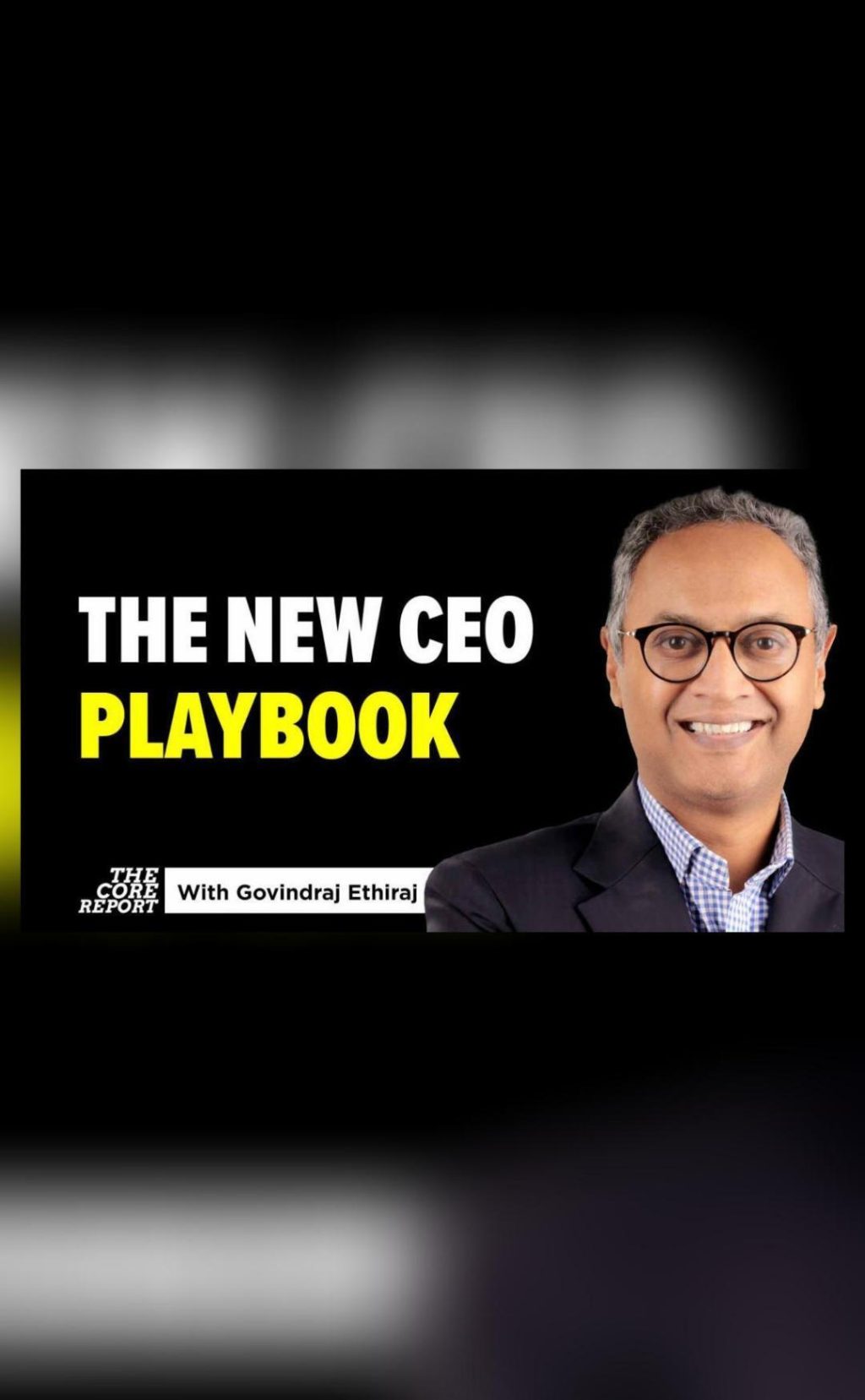
The New CEO Playbook: AI Pressures & Global Tariff Shocks
As the world becomes increasingly interconnected, global CEOs are facing unprecedented challenges that threaten the very fabric of their businesses. The rise of artificial intelligence (AI) and the introduction of global tariffs are just two of the many pressures that are reshaping industries and disrupting trade. In this new landscape, business leaders must rethink their strategy and operations to stay ahead of the competition and ensure the long-term sustainability of their companies.
The AI Revolution
AI is revolutionizing the way businesses operate, from automating routine tasks to making strategic decisions. According to a recent report by McKinsey, AI is expected to create over 140 million new jobs by 2030, while also displacing over 80 million jobs. As AI increasingly takes over routine tasks, companies are being forced to adapt and innovate to remain competitive.
For CEOs, this means prioritizing internal pressures to automate and innovate. This requires a deep understanding of the company’s strengths and weaknesses, as well as the ability to identify areas where AI can be leveraged to drive growth and efficiency. It also means investing in talent development, as employees must be equipped with the skills necessary to work alongside AI systems.
Global Tariff Shocks
In addition to the pressures of AI, global CEOs are also facing the uncertainty of shifting trade policies. The introduction of tariffs by major economies has created a complex web of trade barriers that are disrupting global supply chains and impacting business operations.
According to a recent report by the World Economic Forum, tariffs have already had a significant impact on global trade, with the average tariff rate increasing by over 10% since 2016. As trade tensions continue to escalate, companies are being forced to adapt and localize their supply chains to avoid the risks associated with tariffs.
For CEOs, this means prioritizing flexibility and agility, as well as developing strategies to mitigate the impact of tariffs on their businesses. This may involve diversifying supply chains, investing in new technologies, and developing relationships with local suppliers and partners.
The New CEO Playbook
In this new landscape, CEOs must develop a playbook that addresses the internal and external pressures of AI and global tariffs. Here are some key strategies that CEOs can use to stay ahead of the competition:
- Embrace AI: Prioritize internal pressures to automate and innovate, and invest in talent development to ensure that employees have the skills necessary to work alongside AI systems.
- Localization: Develop strategies to localize supply chains and operations, and invest in new technologies to mitigate the impact of tariffs.
- Diversification: Diversify products and services, and invest in new markets and channels to reduce dependence on any one market or industry.
- Innovation: Prioritize innovation and R&D, and invest in new technologies and processes to stay ahead of the competition.
- Partnerships: Develop partnerships with local suppliers, partners, and stakeholders to build relationships and create new opportunities.
- Risk Management: Prioritize risk management, and develop strategies to mitigate the impact of tariffs and other external pressures on the business.
Conclusion
As AI reshapes industries and tariff shocks disrupt trade, global CEOs face unprecedented challenges that require a rethink of strategy and operations. By embracing AI, localizing supply chains, diversifying products and services, prioritizing innovation, building partnerships, and managing risk, CEOs can develop a playbook that ensures the long-term sustainability of their companies. With no guarantee of stability, companies are being pushed to adapt, innovate, and reconsider long-held business models. The new CEO playbook is not just about surviving the current challenges, but about thriving in a rapidly changing world.
Source:






